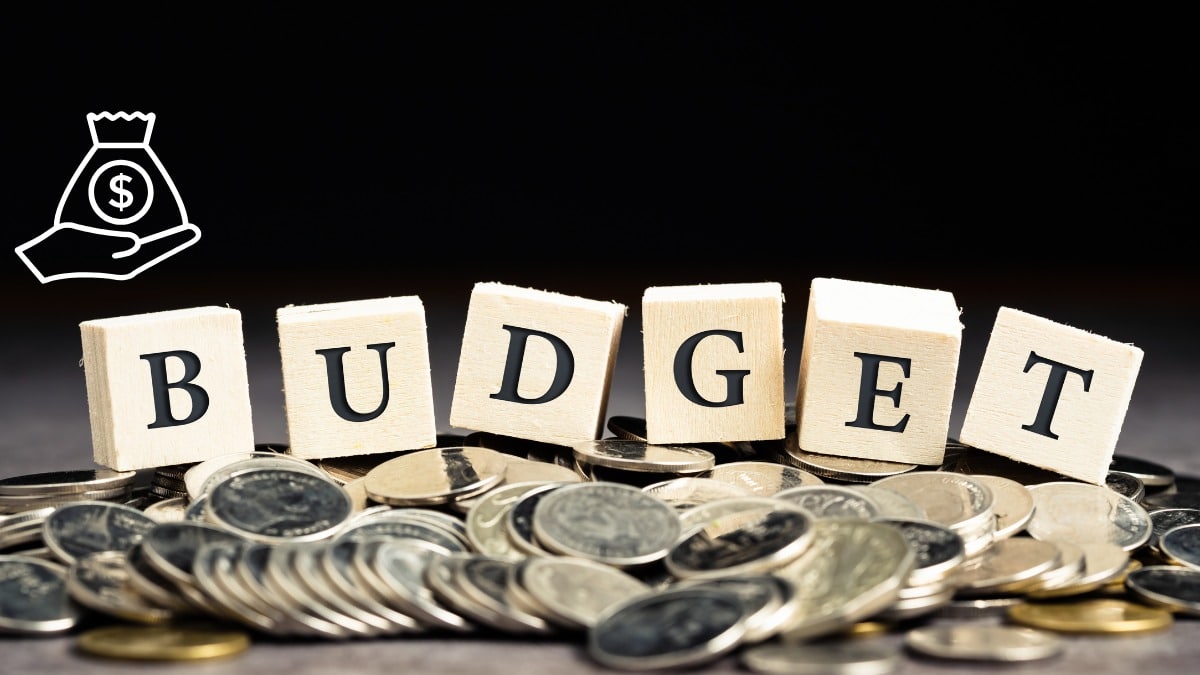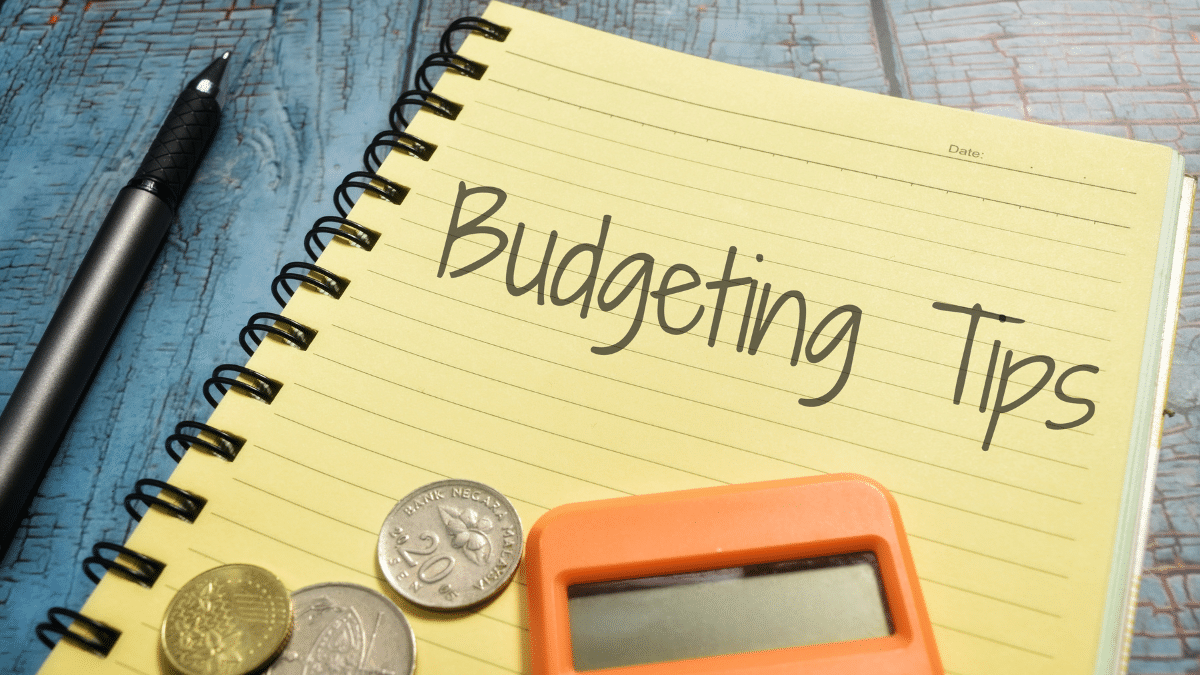Create a Budgeting Tips That Works for You in South Africa

Are you tired of watching your money disappear before the month ends?
You’re not alone.
Whether you’re living in bustling Cape Town, laid-back Durban, or anywhere in between, many South Africans (and even expats) are struggling to make sense of their finances.
That’s where budgeting tips comes in. Not the boring kind. We’re talking about realistic, flexible, and life-friendly budgeting.
In this guide, we’ll walk you through how to create a budget that actually works, with some insights even our friends from the USA can relate to.
Let’s dive in.
Why Budgeting Tips Matters (Wherever You Live)

We all have dreams.
A new home. A trip to the Drakensberg. Sending your kids to a good school. Starting a side hustle.
None of that happens by accident.
Budgeting gives your money a mission. It helps you prioritize, avoid financial stress, and move closer to your goals.
In South Africa, where the cost of living is rising, unemployment is high, and electricity (hi, Eskom!) is unpredictable, budgeting isn’t just smart—it’s essential.
But if you’re from the United States reading this, don’t click away.
Understanding how people in different parts of the world handle money can give you fresh perspective on your own personal finance habits.
Let’s explore how to build Budgeting Tips that fits your life and helps you thrive—no matter your income or location.
Step 1: Know Where Your Money Is Going
You can’t fix what you can’t see.
Start by tracking every rand (or dollar) you spend for at least 30 days.
Use an app like 22seven or GoodBudget (US folks—Mint and YNAB are solid too). Or just grab a notebook.
Look at
- Rent or bond repayments
- Transport (fuel, taxis, Uber)
- Food (grocery store vs takeaways)
- Subscriptions (Netflix, Showmax, Spotify)
- Unexpected spends (those emergency vet visits, spontaneous braais)
You’ll be shocked how much slips through the cracks.
Once you see your spending habits clearly, you’ll feel more in control. Promise.
Step 2: Calculate Your Net Income
Your budget should be based on what you actually take home—not your gross salary.
Include all sources of income:
- Salary after tax (PAYE in SA, income tax in the US)
- Freelance/side hustle earnings
- Child support or grants
- Any other inflow
This gives you the real amount you can work with.
Write it down or plug it into your budgeting app.
Now you’re ready for the next step.
Step 3: Set Realistic Spending Limits
Here’s where the magic happens.
Based on your tracked expenses and income, start setting limits for each category.
Aim for the 50/30/20 rule:
- 50% on needs (housing, food, transport, utilities)
- 30% on wants (dining out, entertainment)
- 20% on saving and debt management
Of course, adjust these based on your situation. If you have more debt, bump the 20% up and pull back on wants.
South Africans often face variable costs—like fluctuating fuel prices or surprise load-shedding generator costs—so leave some wiggle room.
And remember: the goal isn’t perfection. It’s progress.
Step 4: Prioritize Savings (Even If It’s Small)
Let’s be real.
Saving money in South Africa—or anywhere—can feel impossible when living paycheck to paycheck.
But it doesn’t have to be massive to matter.
Start with R100 a week. Or $10 if you’re in the US.
Open a separate savings account (or money market account) and automate transfers on payday. That way, you don’t even think about it.
Build an emergency fund first. Ideally, 3–6 months of expenses.
Once that’s rolling, explore other savings strategies like:
- Tax-Free Savings Accounts (TFSAs)
- Retirement annuities
- High-yield savings (popular in the US)
Small consistent savings = long-term peace of mind.
Step 5: Tackle Debt, One Step at a Time
Debt is a heavy burden—whether it’s a credit card in New York or a clothing account in Johannesburg.
In fact, debt management is one of the biggest reasons people start budgeting in the first place.
Here’s how to approach it:
- List Your Debts
Include the balance, interest rate, and minimum repayment.
Choose a Payoff Strategy
Two options work well:
- Snowball method – Pay off the smallest debt first for quick wins.
- Avalanche method – Pay off the highest interest rate first to save money.
Pick the one that motivates you most and go for it.
Stop Making More Debt
Easier said than done. But if you’re serious about taking control, say no to new store accounts or “buy now, pay later” temptations.
Debt freedom is possible. One payment at a time.
Step 6: Revisit and Adjust Monthly
Life changes. Your budget should too.
Review your budget every month. Ask:
- Did I overspend?
- Did anything unexpected come up?
- Can I save a little more?
Celebrate your wins—even if it’s just sticking to your takeaway budget.
Tweaking your budget regularly keeps it realistic and effective.
You May Also Like : Interactive Budgeting Calculators and Debt Repayment Planners
Budgeting Tips for Real Life in South Africa

Because budgeting isn’t just spreadsheets and calculators. It’s about living.
Here are a few bonus budgeting tips for Mzansi (and beyond):
- Shop Smart
- Buy in bulk at Makro or Checkers.
- Use loyalty programs (Pick n Pay Smart Shopper is gold).
- Compare prices online before buying.
- Cook More, Eat Out Less
Eating out in Cape Town can cost you R300 easily. Cooking at home? A fraction of that.
- Use Public Transport Where Safe
Minibus taxis and buses are cheaper than running a car—but be safety-conscious and know your routes.
- Cut Unused Subscriptions
Do you really need Netflix and Showmax and Disney+?
- Take Advantage of Free Activities
Hiking, beach days, local markets — fun doesn’t have to be expensive.
You may also like: Interactive budgeting calculators and debt repayment planners
What About Retirement Planning?
Glad you asked.
It’s easy to put off retirement planning, especially when the bills are piling up.
But future you will thank you.
Start small with:
- Company pension fund contributions
- Retirement annuities (RA)
- Tax-Free Investment accounts (limit is R36,000/year)
In the USA, options like 401(k)s or IRAs offer tax benefits.
Wherever you are, the sooner you start, the more you benefit from compound interest.
Retirement isn’t just for “old people.” It’s part of smart personal finance South Africa decisions.
Making Budgeting a Habit
Budgeting isn’t a one-and-done deal.
It’s a lifestyle.
Some months will be tough. Others, you’ll crush your goals.
The key is to keep going. Keep learning. Keep adjusting.
In time, you’ll build a financial cushion, reduce money stress, and start living on your own terms.
And honestly? That’s what personal finance South Africa (or anywhere) is all about.
Final Thoughts
Budgeting isn’t about depriving yourself.
It’s about being intentional with your money.
Whether you’re in South Africa or the States, the core principles remain the same:
- Spend less than you earn.
- Save what you can.
- Pay down debt.
- Plan for the future.
And don’t forget to live.
Frequently Asked Questions Related To Budgeting Tips
- Is budgeting really necessary if I don’t earn a lot?
Absolutely. Budgeting is especially important if your income is limited. It helps you stretch every rand (or dollar) and stay in control.
-
What’s the best budgeting app for South Africans?
22seven is a local favorite. It links to your bank accounts and categorizes your spending. YNAB and GoodBudget are also solid choices.
-
How can I budget when my income is irregular?
Base your budget on your average monthly income from the past 3–6 months. Prioritize essentials and create a buffer for low-income months.
- What’s the quickest way to pay off debt?
Use the avalanche method to pay off high-interest debt first or the snowball method to build momentum with small wins. Stick to one method for the best results.
- When should I start retirement planning?
Now. The earlier you start, the more your money can grow. Even small amounts add up over time.





